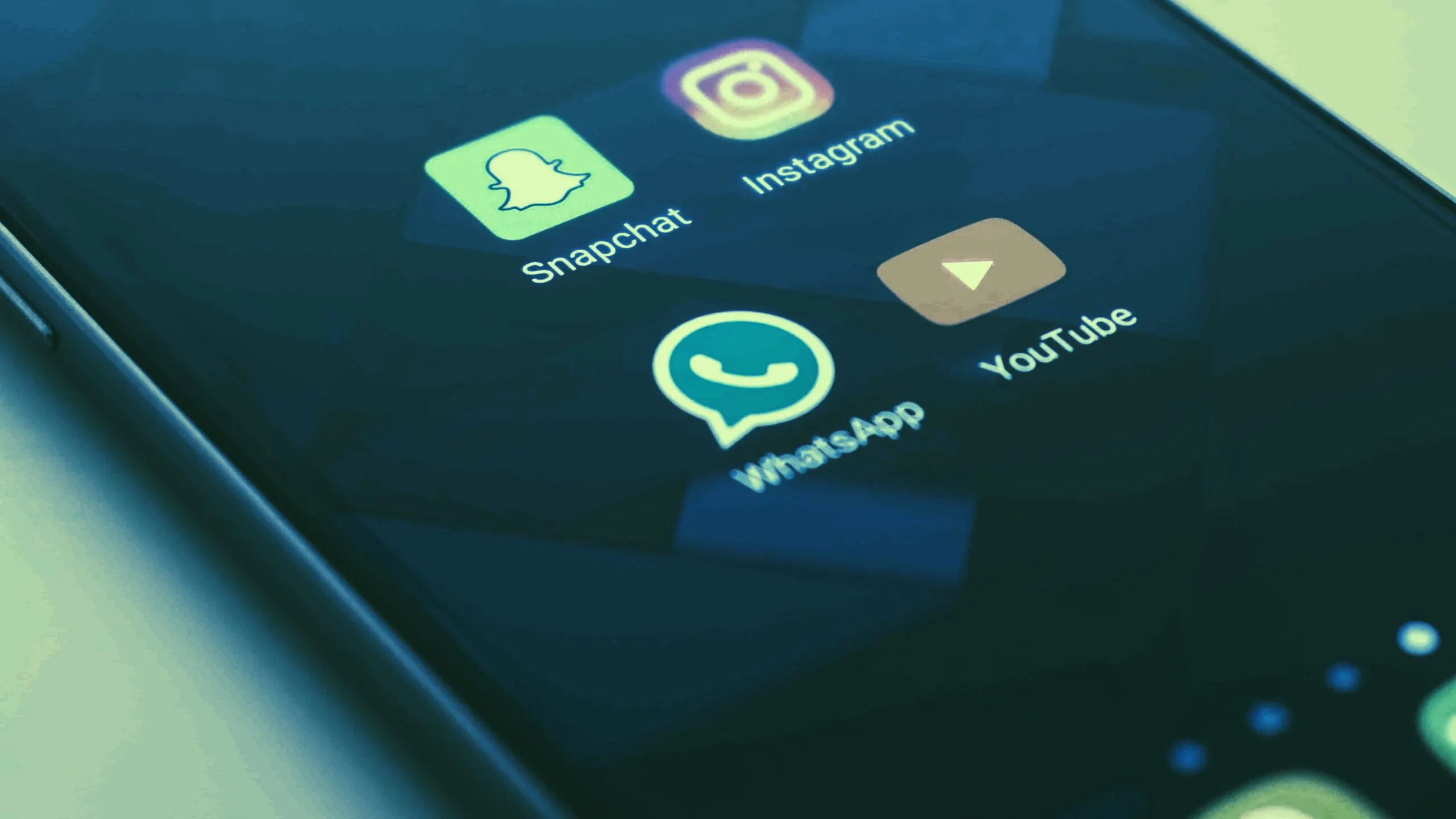WhatsApp, an encrypted messaging service owned by Facebook, is talking to Indonesian payment firms about integrating payment features into its apps, according to Reuters.
If the deal goes through, Indonesia would become the second country, following India, to allow WhatsApp users to send and receive money. Indonesia is one of WhatsApp’s largest markets, with over 100 million users.
But WhatsApp’s success is posing problems for Facebook’s Libra. If everyone is using regular fiat to send and receive cash, why bother using a cryptocurrency that isn’t really decentralized, private or more valuable than regular money?
WhatsApp is already more popular worldwide than Facebook’s own messenger app, Messenger. According to a mid-2019 report by We Are Social, WhatsApp, with 1.6 billion users has overtaken Facebook’s native messaging app, which has 1.3 billion users.
And using Indonesia’s fiat currency, WhatsApp sidesteps complicated, untested crypto networks like Libra. Perhaps the one saving grace for Facebook is Indonesia’s banking system has failed to capture the majority of the population–in fact, some 80% of the country is unbanked. Interest in crypto is also high, with 10 percent of Indonesian respondents to the We Are Social report saying they owned crypto, which is more than double those in the US. But despite this fertile ground, Libra has its work cut out.
Since the project’s announcement it has been criticized by Congress, regulators around the world, even President Trump himself—and sceptics think Facebook can’t be trusted to not only look after our money but fundamentally control it.
Some have argued Libra was little more than an elaborate ploy to get regulators to approve a watered-down, non-crypto system that uses the US dollar for mobile payments instead.
Libra is set to roll out in 2020—if it can bypass a moratorium on its development and appease almost every regulator on the planet. But even if it is miraculously on time, it might already be too late.

